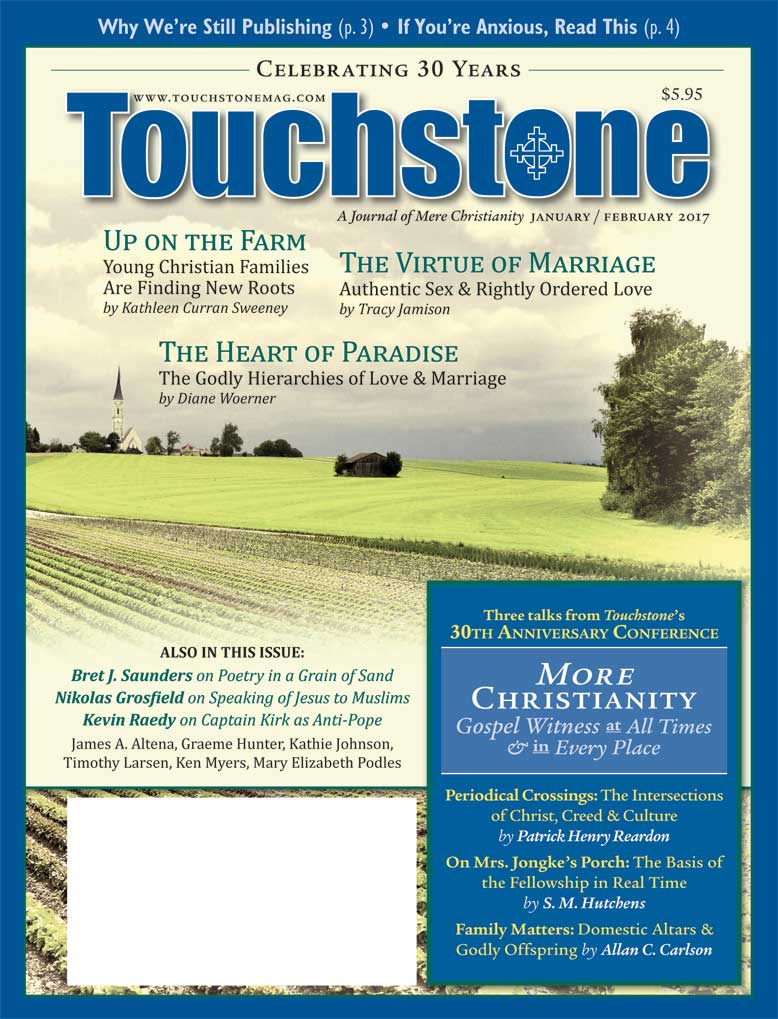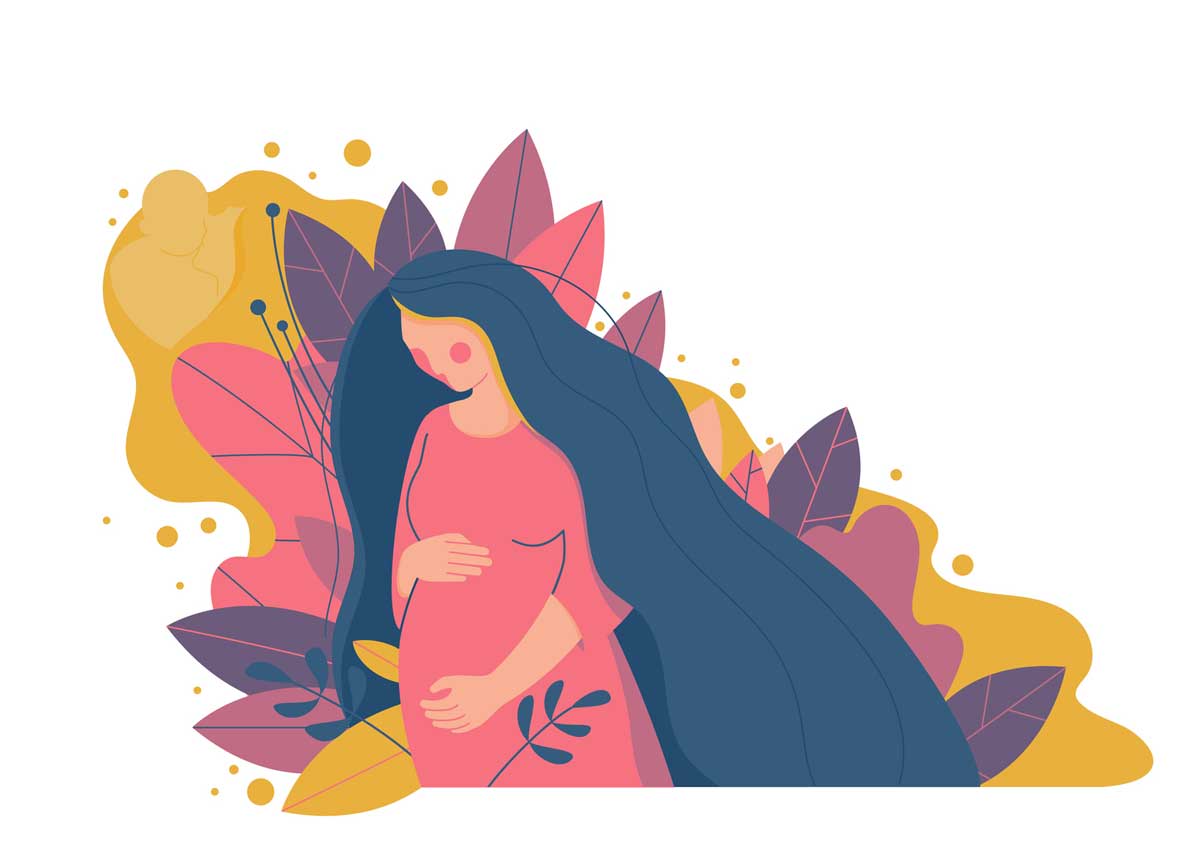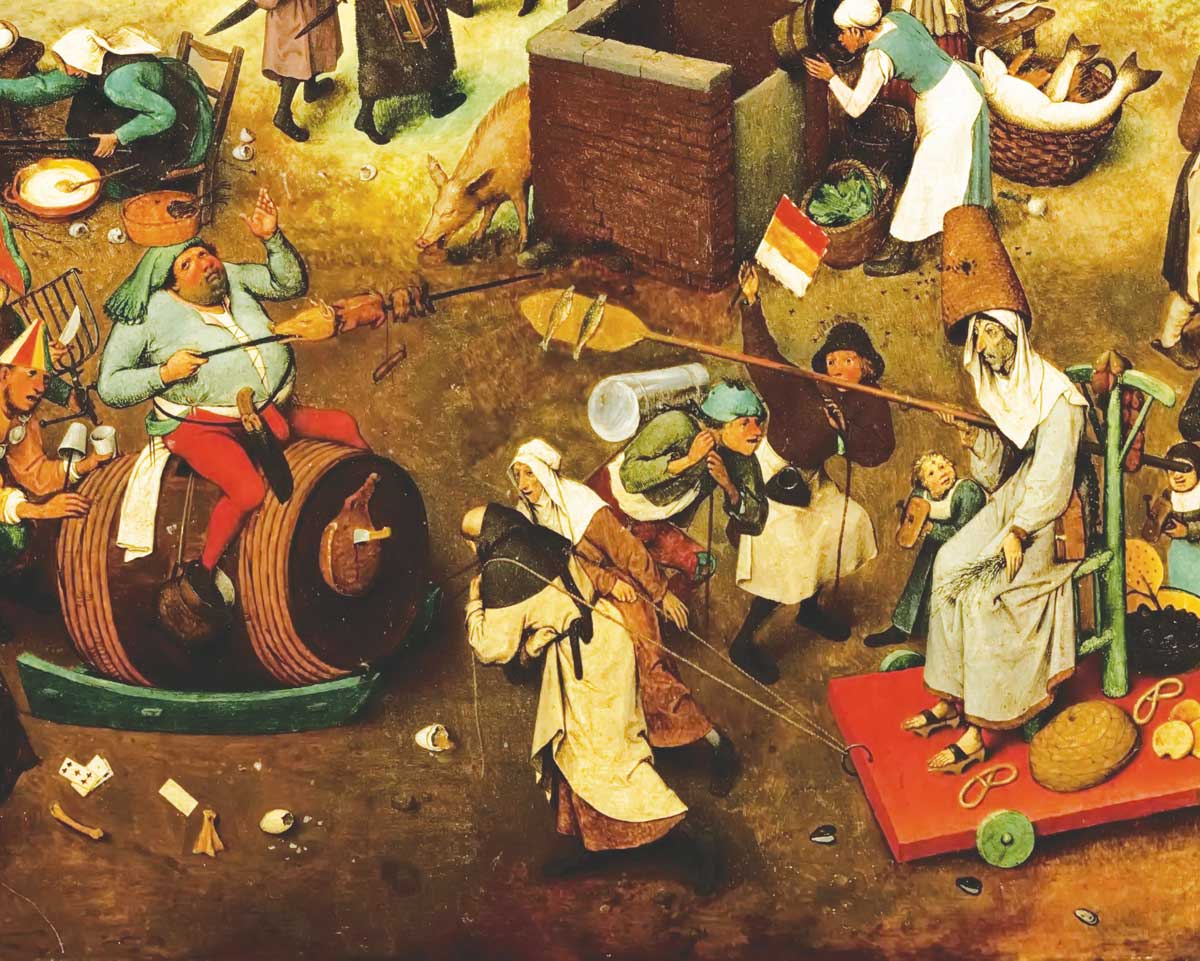Conference Talk
Family Matters
Domestic Altars & Godly Offspring
Social conservatives and small-o orthodox Christians of sufficient age still tend to look back longingly to the middle decades of the twentieth century as a golden era. From the mid-1940s to the mid-1960s, church construction proceeded at a frenetic pace, with the number of Christian edifices climbing by 80 percent, mostly in the burgeoning suburbs. Young families filled the pews. Sunday schools and parish schools were bursting at the seams. The seminaries were filled with future pastors and priests. In short, Domestic Altars and Godly Offspring seemed to give a fresh iteration to the Righteous
Republic.
Was it real? Early on, as David Dockery noted in his fine talk, sociologist Peter Berger famously said no. His research into the motivation of suburbanites for joining churches showed that they rarely claimed a life crisis, a conversion experience, or deep religious sentiments. Rather, in Berger's words, "for most of these people the decision to join was prompted by the prospect or presence of children in the family." In this view, church membership was simply another step in building the "okay world" of the American middle class, akin to Little League and the PTA.
In her 2013 book, How the West Really Lost God: A New Theory of Secularization, Mary Eberstadt makes the same basic point. She argues that the "religious boom" of the 1940s and 1950s was, in effect, the product of the "marriage" and "baby" booms of that era. The emergence of more and larger families drove up the number of churches and worshipers, not the other way around. Her implication is that religious belief and action are in key ways dependent, secondary forces, unable to make an intentional or real difference.
On this question, though, I must dissent. "Real" things were going on, although they varied by denomination.
Catholic Flowering
Roman Catholics of the 1940–1965 era, for example, were the beneficiaries of a century-long confluence of doctrinal and material construction. Regarding the former, devotion to the Virgin Mary and emphasis on her maternal character received growing papal encouragement, beginning with the proclamation of the dogma of the Immaculate Conception in 1854. Reported appearances of the Virgin in Lourdes and of Mary, Joseph, and John the Evangelist in County Mayo, Ireland, fed this turn. Encyclicals from Pope Leo XIII urged families to say the rosary together, enhanced attention to Joseph, granted special indulgences to those who prayed before the image of the Holy Family, and cast "the natural and primeval right of marriage" and the "society of the household" as the proper foundation for social and economic justice in the new industrial age. Absorbing sentiments from Protestant neighbors, the American Catholic mother became a "home hero" and a "priestess of the domestic shrine."
Occurring in parallel after 1845 was the vast construction of churches, Catholic schools, seminaries, convents, and monasteries: a mighty institutional edifice launched by poor immigrants that reached its pinnacle during the 1940s and 1950s.
I would argue that doctrinal integrity blended with these physical and organizational church structures to produce a "heroic" flowering of Catholic family life in America. While all American Christians experienced an increase in fertility during these years, the baby boom came earlier and was far more pronounced among Catholics. It was especially strong among women who had studied at a Catholic college, and was tightly bound to weekly attendance at Mass. Put another way, doctrinal clarity and institutional strength preceded—or produced—stronger and more prolific families.
Protestant Flowering
Among Evangelicals, too, something more than "suburban socialization" was occurring. If the fundamentalists of the 1920s seemed to have retreated from the public square after the Scopes Trial, it was in part to lick their wounds; but then, to repair and modernize their ministries and begin to re-enter the culture and reach out to the unchurched. A profusion of new Bible institutes, colleges, prophecy conferences, magazines, book publishers, foreign mission groups, and summer Bible camps was supplemented by the new medium of radio, which Evangelical entrepreneurs mobilized brilliantly. By the time Billy Graham burst onto the national scene through his 1949 Los Angeles Crusade, the New Evangelicalism was already in high gear. The harvests of conversions during the 1945–1965 era were, proportionally speaking, at least as impressive as those of the more celebrated Great Awakenings of the eighteenth and nineteenth centuries. While the effects of the twentieth-century awakening on Evangelical family life has been less well documented than similar developments among Catholics, research has shown a "significant and positive relationship between Evangelicalism and fertility" over the whole of the second half of the twentieth century.
Allan C. Carlson is the author of numerous books, including Family Questions: Reflections on the American Social Crisis and The American Way: Family and Community in the Shaping of the American Identity. He attends St. Paul Lutheran Church in Rockford, Illinois. He is a senior editor of Touchstone.
subscription options
Order
Print/Online Subscription

Get six issues (one year) of Touchstone PLUS full online access including pdf downloads for only $39.95. That's only $3.34 per month!
Order
Online Only
Subscription

Get a one-year full-access subscription to the Touchstone online archives for only $19.95. That's only $1.66 per month!
bulk subscriptions
Order Touchstone subscriptions in bulk and save $10 per sub! Each subscription includes 6 issues of Touchstone plus full online access to touchstonemag.com—including archives, videos, and pdf downloads of recent issues for only $29.95 each! Great for churches or study groups.
Transactions will be processed on a secure server.
more on family from the online archives

33.2—March/April 2020
Christian Pro-Family Governments?
Old & New Lessons from Europe by Allan C. Carlson
more from the online archives
calling all readers
Please Donate
"There are magazines worth reading but few worth saving . . . Touchstone is just such a magazine."
—Alice von Hildebrand
"Here we do not concede one square millimeter of territory to falsehood, folly, contemporary sentimentality, or fashion. We speak the truth, and let God be our judge. . . . Touchstone is the one committedly Christian conservative journal."
—Anthony Esolen, Touchstone senior editor













